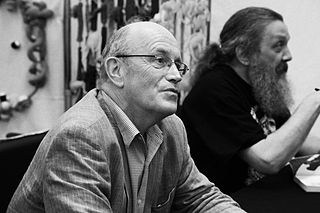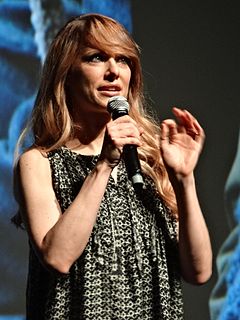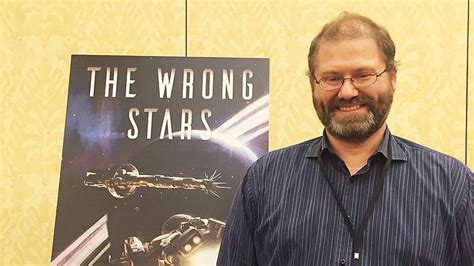A Quote by Jeff Bridges
When a story is told really well and is real, even if it's not about their own lives, people can apply it to themselves.
Related Quotes
Too many writers think that all you need to do is write well-but that's only part of what a good book is. Above all, a good book tells a good story. Focus on the story first. Ask yourself, 'Will other people find this story so interesting that they will tell others about it?' Remember: A bestselling book usually follows a simple rule, 'It's a wonderful story, wonderfully told'; not, 'It's a wonderfully told story.'
Our lives aren't even about doing real things most of the time. We think and talk about people we've never met, pretend to visit places we've never actually been to, discuss things that are just names as though they were as real as rocks or animals or something. Information Age - Hell it's the Imagination Age. We're living in our own minds. No, she decided as the plane began its steep descent, really we're living in other people's minds.
Historically it has been a touchy subject, especially in the south where I am from, people don't really talk about it. If they do talk about it, it is often talked about negatively. Nowadays in light of the Black Lives Matter movement I think people should pay attention to these lives also. I think the Black community will really embrace the film [Moonlight]. It is about us. It is real.




































